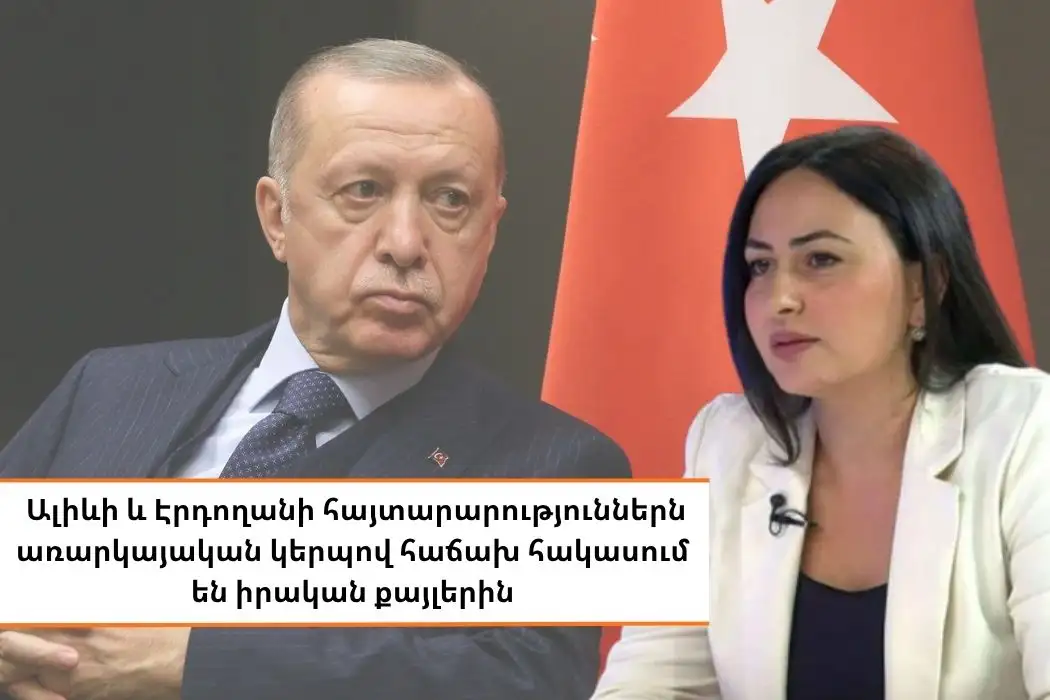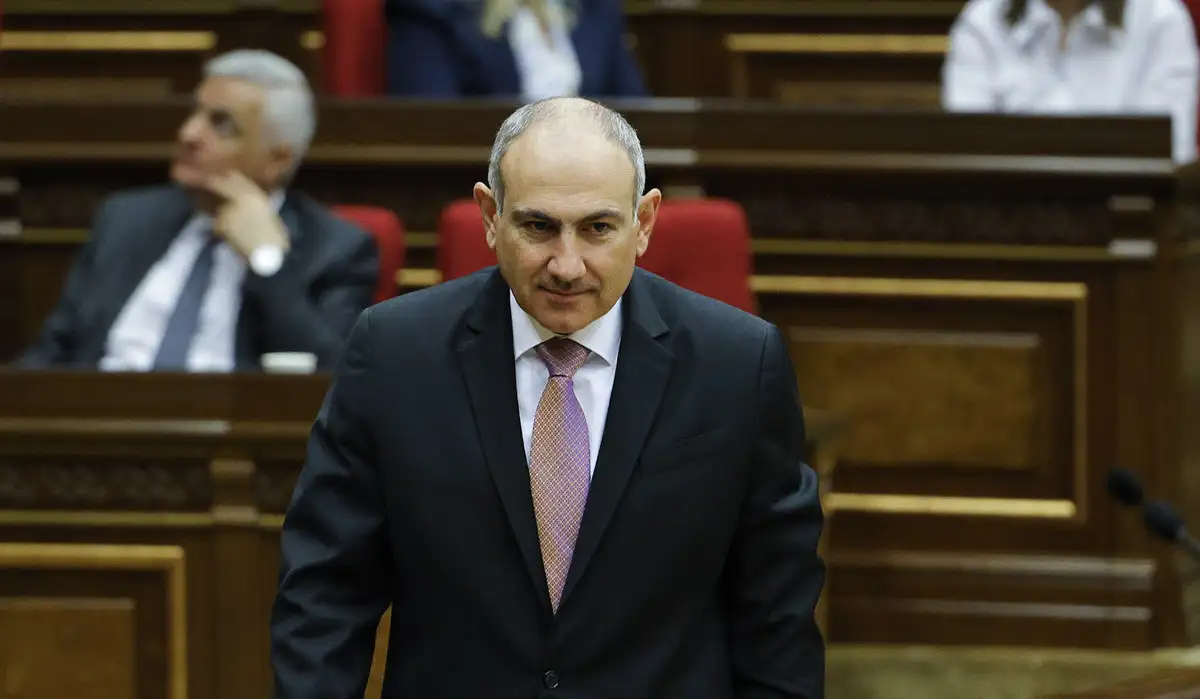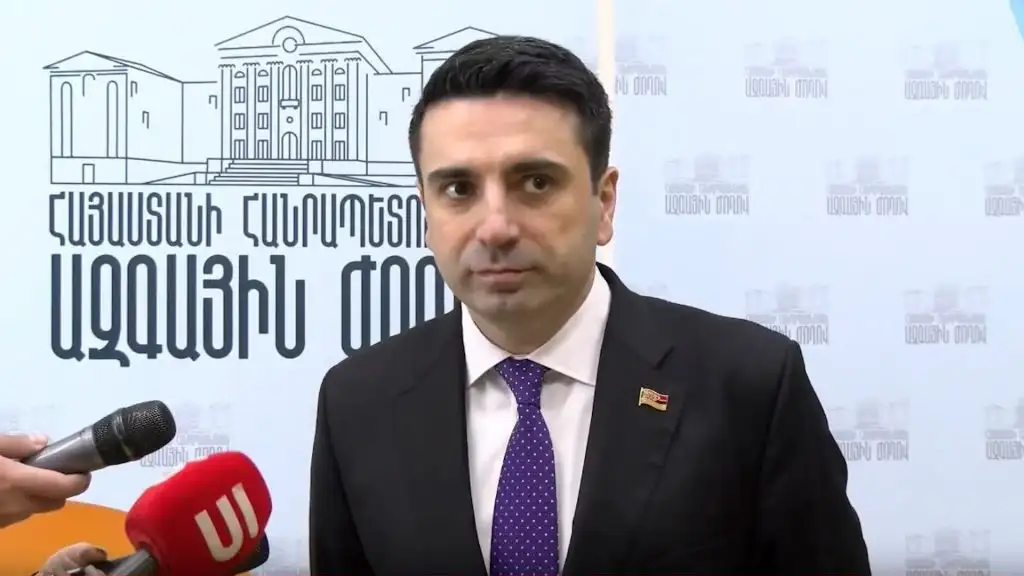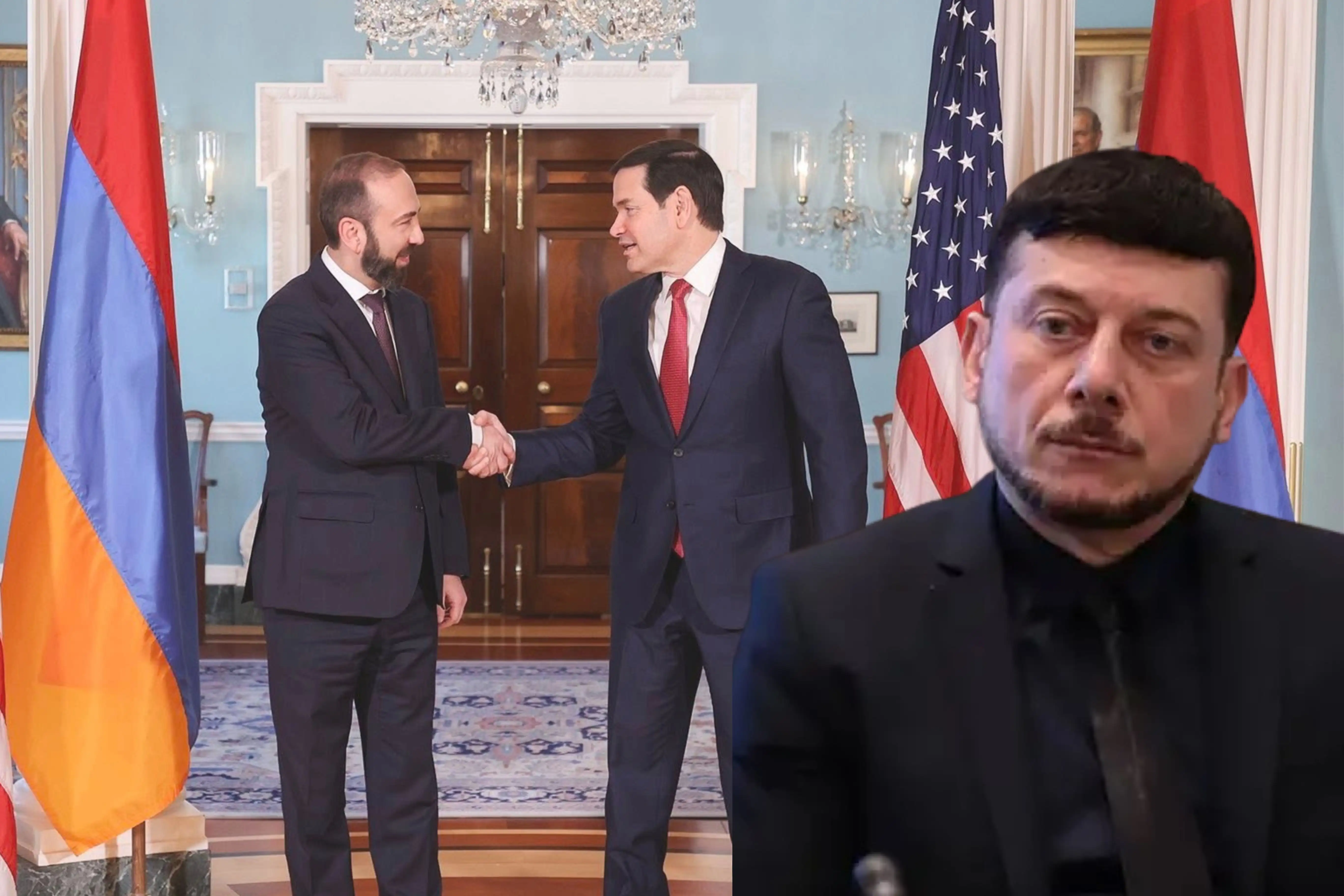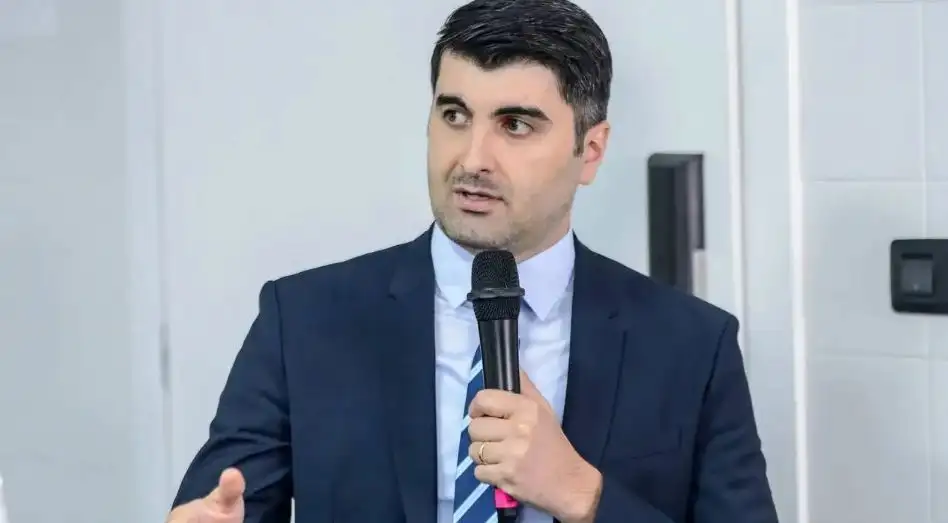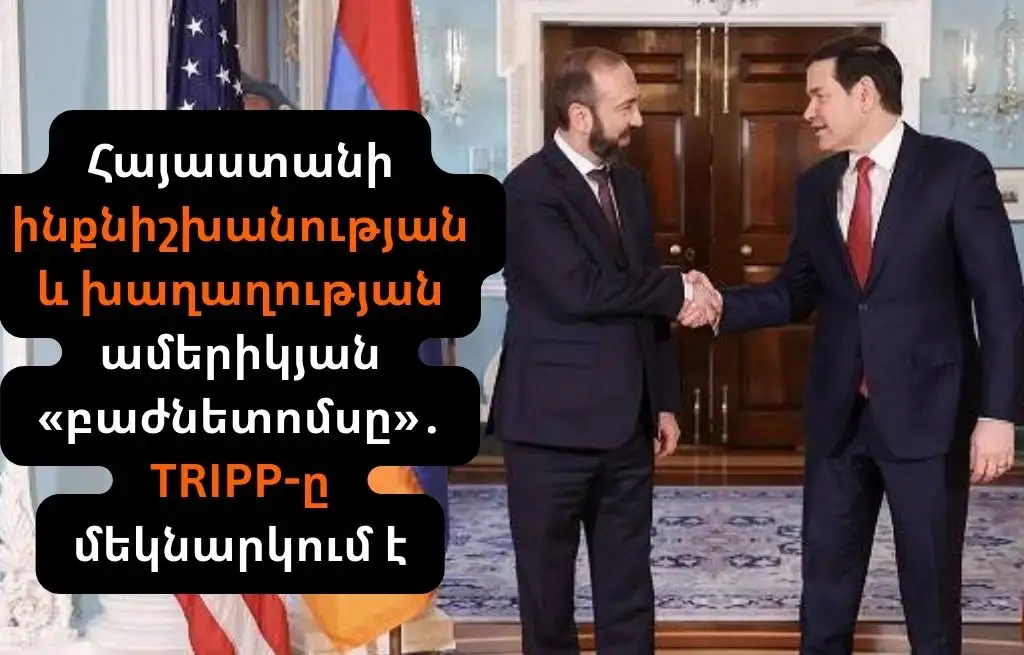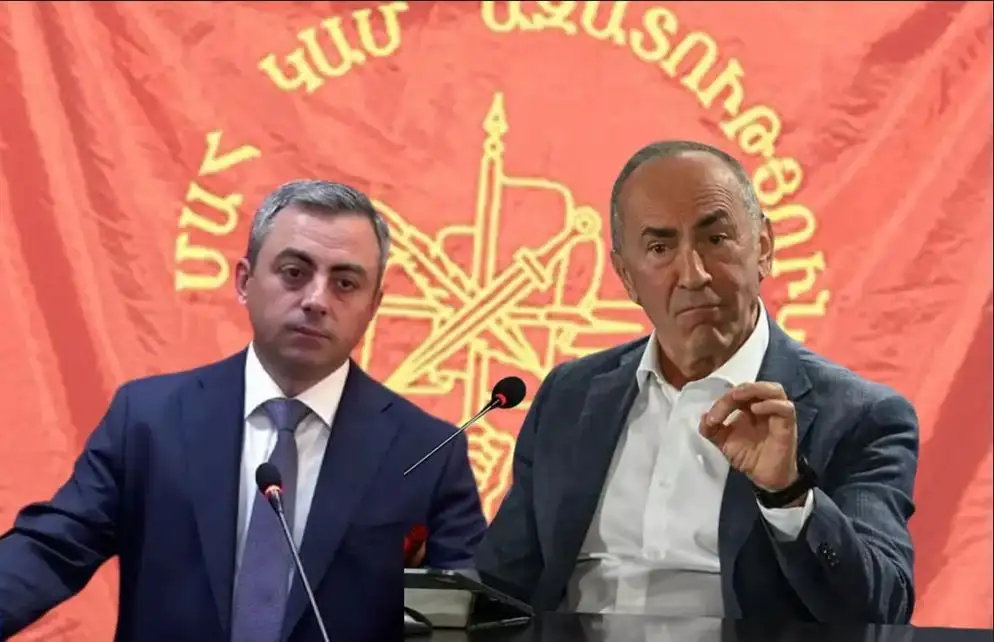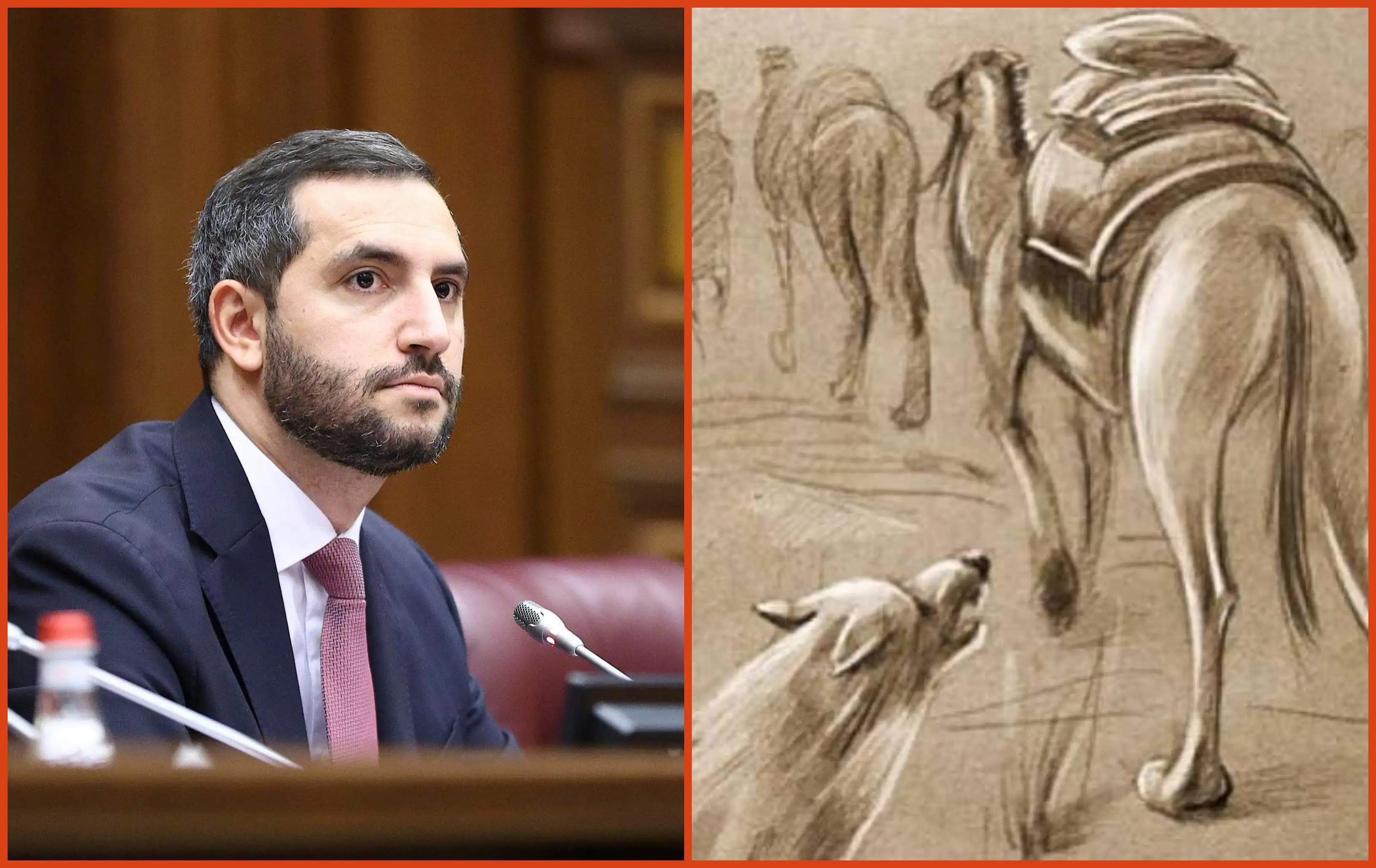Turkish President Recep Tayyip Erdoğan has announced that the process of normalizing relations with Armenia is being carried out in a synchronized manner with Azerbaijan and is satisfied with the current developments.
“The goal is to be objective, to show that the same approach is being adopted towards both sides,” political scientist Lilit Dallakyan said in an interview with Radar Armenia.
However, according to the political scientist, the reality is somewhat different. Azerbaijan often prolongs the peace process, conditioning it on amendments to the constitution, a referendum, or an amendment to the declaration of independence, which directly affects the timing of signing a peace treaty with Armenia. “Armenia does not make such demands and does not test the process with such mechanisms, but as a result of the extension, the signing of a peace treaty is postponed by at least a year,” she noted.
According to the political scientist, the statements of Turkey and Azerbaijan often do not coincide with their actions. The statements of Aliyev and Erdogan frequently objectively contradict the real steps. “The normalization of Armenian-Turkish relations is often linked to third countries, such as the United States or Russia, while in the real process these ties should not affect the opening of the Armenian-Turkish border,” Dallakyan emphasized.
He reminded that history in the region has repeatedly shown that rhetorical statements about peace or cooperation do not always correspond to real actions.
“Turkey and Azerbaijan have their own regional interests, which do not always coincide, and even the opening of corridors, which is important for Turkey, does not guarantee a real normalization of Armenian-Turkish relations,” Dallakyan noted.




